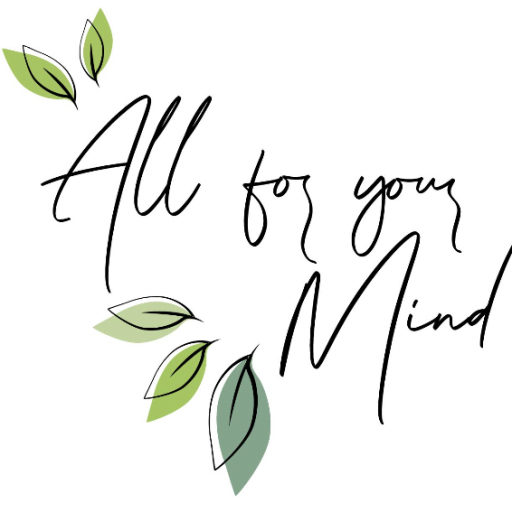This may seem like a strange title, but it’s an important thing to clarify. We live in an age of self-diagnosis, where a million answers to our physical and mental ailments lie at the touch of a device. But self-diagnoses are not always accurate. It can be especially hard to distinguish things when they overlap, as is the case with procrastination and ADHD. Many with ADHD tend to procrastinate, but procrastination doesn’t equal ADHD. Here’s why.
Where procrastination and ADHD overlap
Procrastinators do certain things which are common in people who have ADHD. This could be partly the reason why some may mistake one for the other.
Ovelseeping/getting up late

Procrastinators are almost always late, as they believe they have more time than they actually do. Further, their poor time management means they may go to bed very late, causing them to oversleep. Oversleeping and ADHD also tend to go hand in hand, but for different reasons. Many with ADHD suffer from anxiety, a natural sleep blocker. But part of ADHD is hyperactivity, leading to an overly aroused brain at night-time. Getting to bed later clearly leads to waking up later. It has also been suggested that the circadian rhythms (sleep/wake cycle) in individuals with ADHD may be out of sync, leading to trouble sleeping and waking at normal times.
Poor time management/organisation

Procrastinators are in the habit of putting off tasks. This leads to a mountain of things to do, and perhaps less and less free time to get them done. Being unable to manage all these things and get them done on time is a key trait of procrastination. However, many with ADHD also report having bad organisational skills and poor time management. Again, the reasons are different from the procrastinator. Another facet of ADHD is inattentiveness and lack of attention/concentration. This could lead to not paying attention when instructions are being given, not writing them down, and/or simply forgetting to do things. That, in turn, creates a long to-do list of things that were forgotten or not heard in the first place.
Anxiety

A procrastinator’s lifestyle is a stressful one. Things are constantly not done on time, or done in a complete rush. There’s never enough time to finish things properly, their workspaces are often messy, and their life is one big hurry. This is naturally going to lead to anxiety. But it can be fixed if the procrastinator changes their habits. Many with ADHD also suffer from anxiety disorders. In fact, the comorbidity for ADHD and anxiety is around 25%.
There are a few reasons for this, but often the symptoms of a disorder can cause anxiety and/or depression in those who have it. E.g. as mentioned before, inattentiveness is a characteristic of ADHD. Not being able to pay attention or concentrate in a work or school environment, and missing information that is given can lead to stress, discomfort and anxiety. Another trait of ADHD is trouble with social skills and cues. Individuals with ADHD may not recognise certain social cues naturally and have to learn them. Things like this can lead to social anxiety or feeling especially anxious when going into an unknown situation.
A thing to note, although those with ADHD tend to procrastinate, procrastination is not an official symptom of ADHD. Instead, procrastination is a result of the inattentive side of those who have ADHD.
The differences between procrastination and ADHD
ADHD is a neurodevelopmental disorder that an individual is born with. Neurodevelopmental disorders affect the nervous system, which leads to uncommon brain functioning. It isn’t something you can choose to have or not. Procrastination, on the other hand, is something you can choose to do or not. It’s not a disorder. Procrastinators aren’t born that way, they just get into the habit of delaying tasks. It’s a maladaptive lifestyle, as it leads to unnecessary stress and anxiety.
And being a procrastinator certainly doesn’t mean you have ADHD. It can be hard, but procrastinators can definitely change their ways. It’s a process that involves establishing new neuronal pathways and therefore creating new habits. Likewise, lifestyle choices and habits such as nutrition and diet can reduce and manage symptoms of ADHD. Our article smart goals for ADHD goes into more depth on this.
Whether you are a procrastinator or have ADHD, anxiety is something you may have to deal with. There are ways of managing this, both long and short-term. Check out our article 6 things to help with anxiety for practical anxiety solutions that can work now and in the future.


















Interesting read.. thanks for sharing